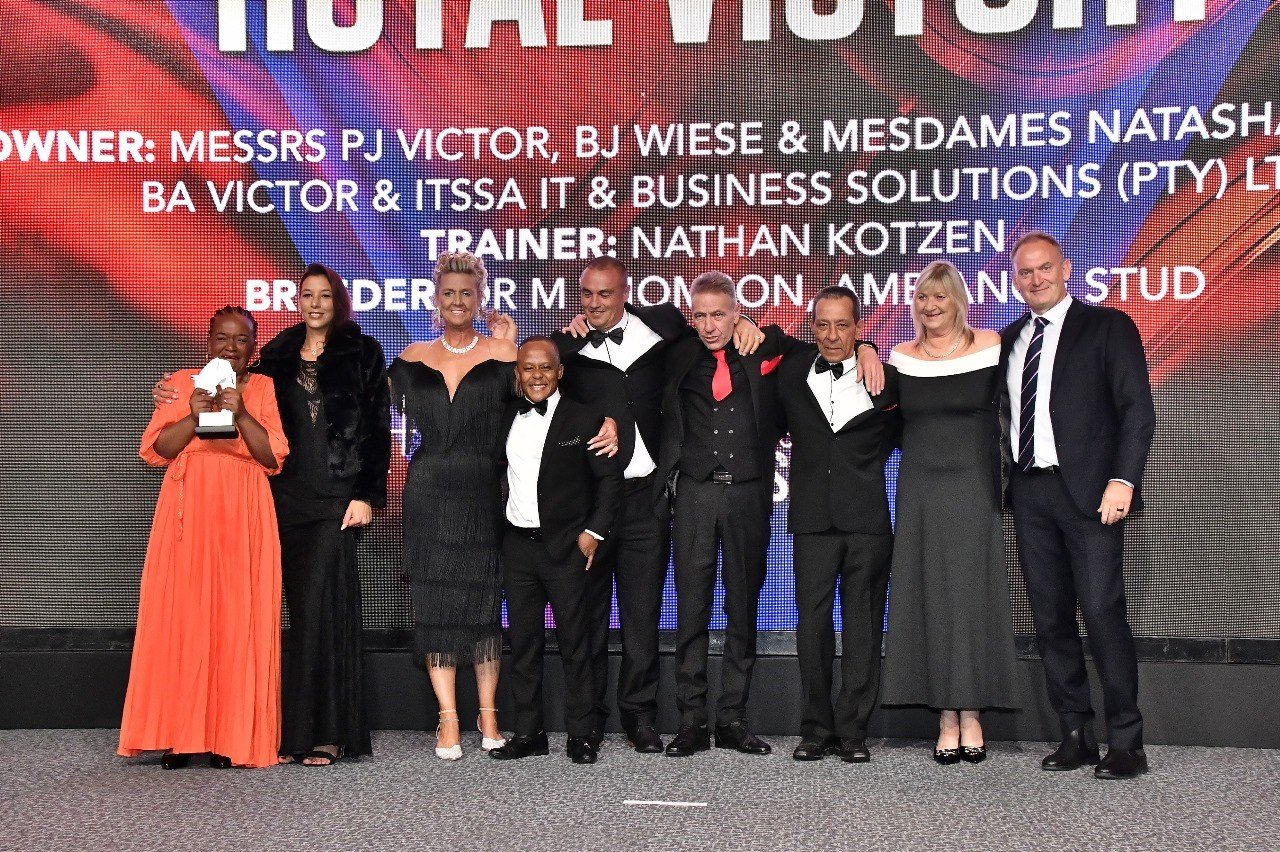When sporting great Gary Player made a special announcement from the podium on l’Ormarins Queens Plate day, his statement that the race will be run as an internationally competitive contest in 2012 was received with interest and enthusiasm. However, the implication of the announcement is much greater and deeper than most people realize, as it is likely to usher in a profound new era for racing and breeding in South Africa, writes Robin Bruss.
In order to host a race which will have a significantly high enough status to attract some of the world’s best thoroughbreds to fly into South Africa and compete really becomes a matter of timing and the value of the purse.
January is a perfect time, sandwiched between major races across the world at a time when Dubai is just commencing their carnival at the already famous Meydan racetrack.
Speculation is rife on what the stake might be, but it is commonly believed that in this day and age, a figure between US$1 million and US$2 million will be required. At current Rand value, this means the the L’Ormarins Queens Plate could be worth R14m and become the richest race in SA, easily surpassing the R3m Vodacom Durban July.
The second and most important benefit of the race is the incentive it is providing to the administrators who control the travel protocols, that is, the scientific veterinary requirements which determine the conditions under which animals may be permitted to travel between countries. These must be negotiated government to government.
Since the establishment of the Free Zone concept in 1997, horses to be exported must be resident in the Free Zone around Cape Town city centre for 20 days and then undertake 40 days of quarantine. They are then sent to the EU, and wait there 30 days and more prior to eventually export to final destination. This has meant a delivery time of at least 90 days or more to most trading partners.
The new dispensation proposed relies on a new testing method, the PCR Assay test, which can provide a negative result within 2 hours, and permit export of the horse within 14 days. Whilst the EU will consider the proposed changes, it will take time to propose and promulgate new legislation – perhaps up to two years.
In the meantime, a proposal is being made directly to the Dubai authorities to ask them to consider allowing direct imports from South Africa to Dubai on the proposed new tests and as little as 14 days quarantine. If Dubai will accept the proposal and be the hub for onward exports, the implication will mean the following :
a) TRIPLING of the number of horses that can be rotated through the quarantine facilities
b) Reduce the cost of exporting by some 50%
c) Enable competition horses to travel overseas and compete almost immediately as a raider
d) Widen the scope, influence and desirability of South African bred horses.
The benefit will translate to a vast return for owners in the area of increased export sales; allow the best horses to race in SA for longer and then springboard overseas on targeted raiding trips; increase the return to owners and breeders.
Some believe it will double or even quadruple trade in South African horse.
If Dubai decline, South Africa may well have to wait for the EU to promulgate the changes, even if it takes an extra year.
The other implication lies in the field of shuttle stallions. A shorter quarantine period will enable some of the best stallions of the northern hemisphere to shuttle in to South Africa for the southern hemisphere summer and return to the north in good time for their season. This has not been possible in previous years.
Peter Gibson, CEO of Racing South Africa, is charged with the responsibility to arrange the new dispensation with SA Veterinary Services and together with Dr Bev Zietsman, Chairman of the Import-Export Working Group, and Prof Allan Guthrie of Equine Research Centre, has been spearheading the task force.
Gibson said that the new international race would also have a significant impact on tourism and cited the examples of Hong Kong’s International raceday in December, the Melbourne Cup and the Dubai World Cup, which have all led to a huge injection of foreign spending in their domestic markets. He said: “It is our firm belief that an international horse race in Cape Town will assist in putting South Africa on the international map and who knows, perhaps a precursor to the 2020 Olympic Games!”
Recently, Minister Van Rensberg addressed the issue in Parliament and one cannot help but feel that the alignment of the most important role players will ensure that the desired changes will occur in good time for the L’Ormarins Queens Plate 2012.
The consequent flow of benefits will be the most exciting development in breeding and racing for many a year,something which will not be lost on those attending the Cape Premier Yearling Sales in Cape Town on January 27-28th.
From Chaos To Reform
Charl Pretorius writes in his Off The Record column on the 4Racing website that owners, trainers and racing fans are gravely concerned about the state of our industry









